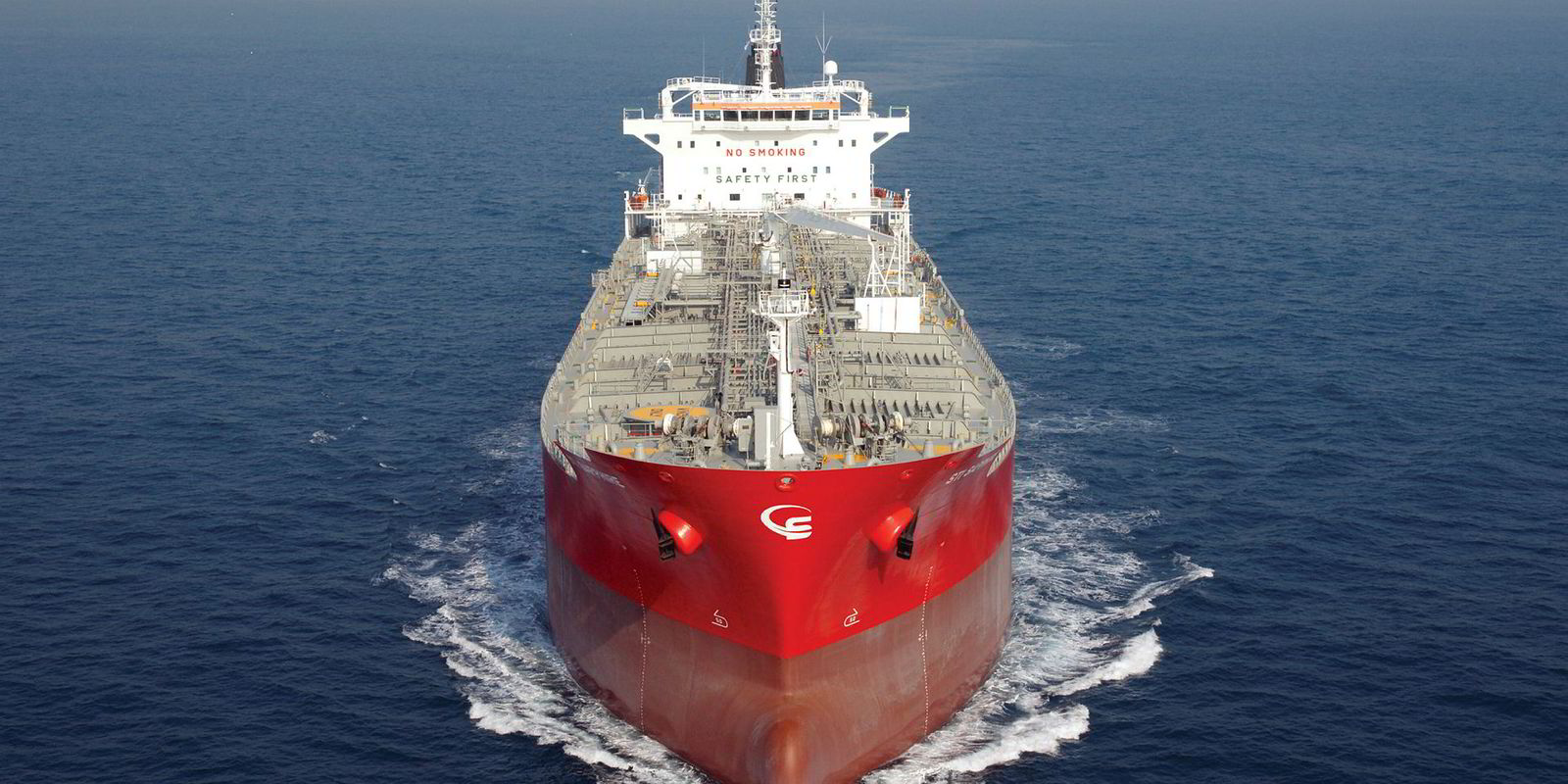If Scorpio Bulkers threw the market a curve ball by investing $100m in sister company Scorpio Tankers, it seems appropriate executives came up with a baseball analogy to explain the controversial move.
President Robert Bugbee and chief executive Emanuele Lauro both sought to clarify the decision and place the subsequent share price movements into context on Scorpio Bulkers latest quarterly conference call.
Bugbee – who had previously defended the move to TradeWinds – revealed that holders of over 50% of Scorpio Bulkers' shares were supportive of the decision at a time product tanker rates are on the cusp of a recovery.
“You could look at the dry bulk market as somewhere in the fourth or the fifth innings maybe and the product market they’re still throwing out whatever it’s called, the practice pitches or celebrity pitches,” Bugbee said on the earnings call.
Bugbee added the product tanker market is set to be the main beneficiary of IMO 2020 legislation, while arguing the pricing of the Scorpio Tankers' stock created tremendous value as an investment for shareholders in Scorpio Bulkers.
“And cross fingers, already the product market has been improving every day since SALT (Scorpio Bulkers) made its investment and the tanker market itself led out,” Bugbee said.
Pressed by analysts on Scorpio Bulkers' shares trading down 11 cents since the move, Bugbee hit back.
“Sure, but it’s not a daily mark. Scorpio Bulkers is not making a daily mark on the position. We’ll look and see what happens in three months, six months," he said.
“If you wanted to daily mark, STNG (Scorpio Tankers) is down less than Star Bulk is in the last 10 days,” he said.
Scorpio Bulkers yesterday reported a third quarter loss of $400,000, while revenue of $62.5m and core operating profit of $28.8m were the highest in the company’s history.
Chief executive Emanuele Lauro says the share purchase comes at a time when Scorpio Bulkers is investing its rising cash returns.
He stresses the Scorpio Tankers stock purchase came after a deliberate process overseeing by professional advisors.
“In short, while this investment has garnered some controversy, it was not and is not taken lightly,” he said.
“Returning to our core business, the supply dynamic in dry bulk continues to improve," Lauro added.
“In our view the industry remains disciplined partly driven by an ongoing shortage of capital.
“This is allowing us some visibility into 2019 and we expect a steady recovery in rates to be sustained.”







